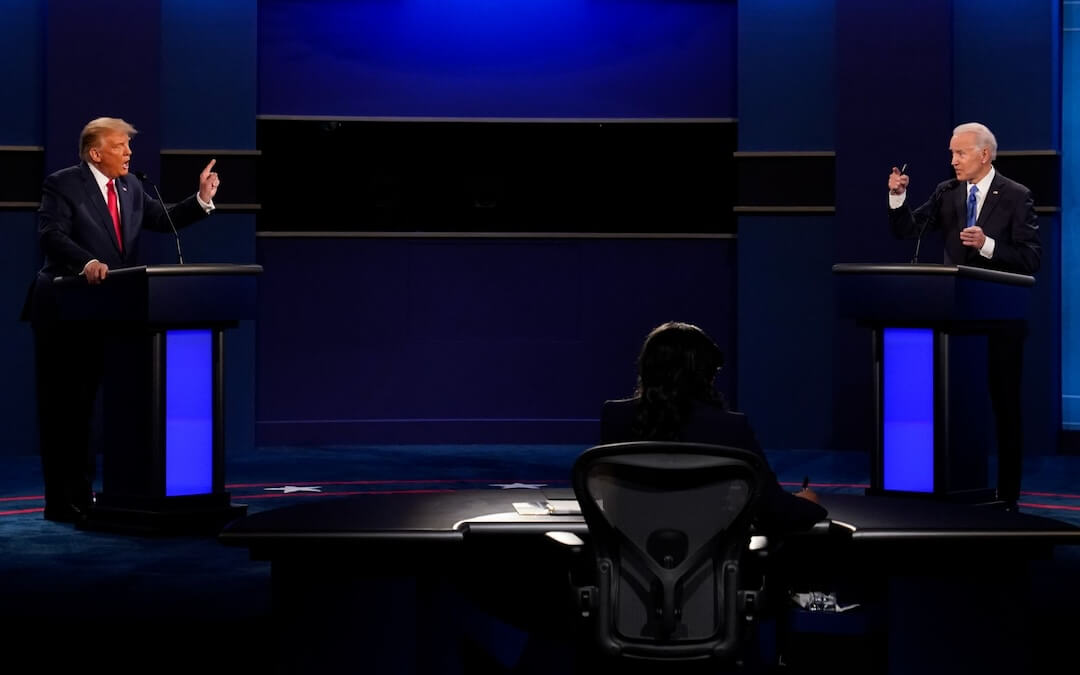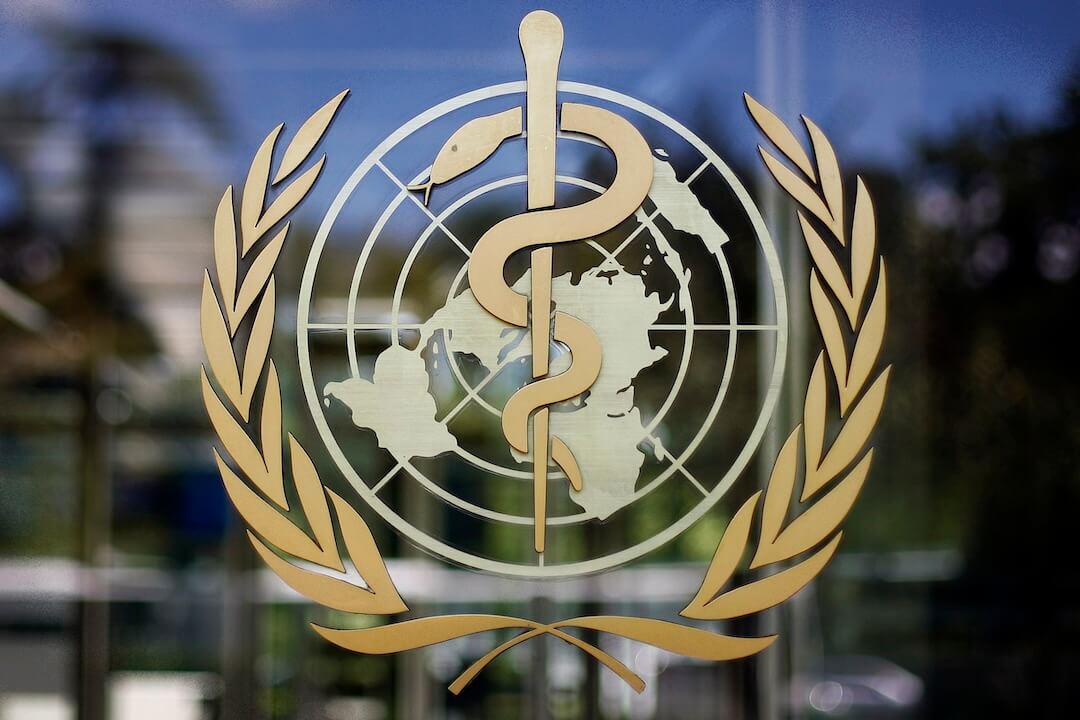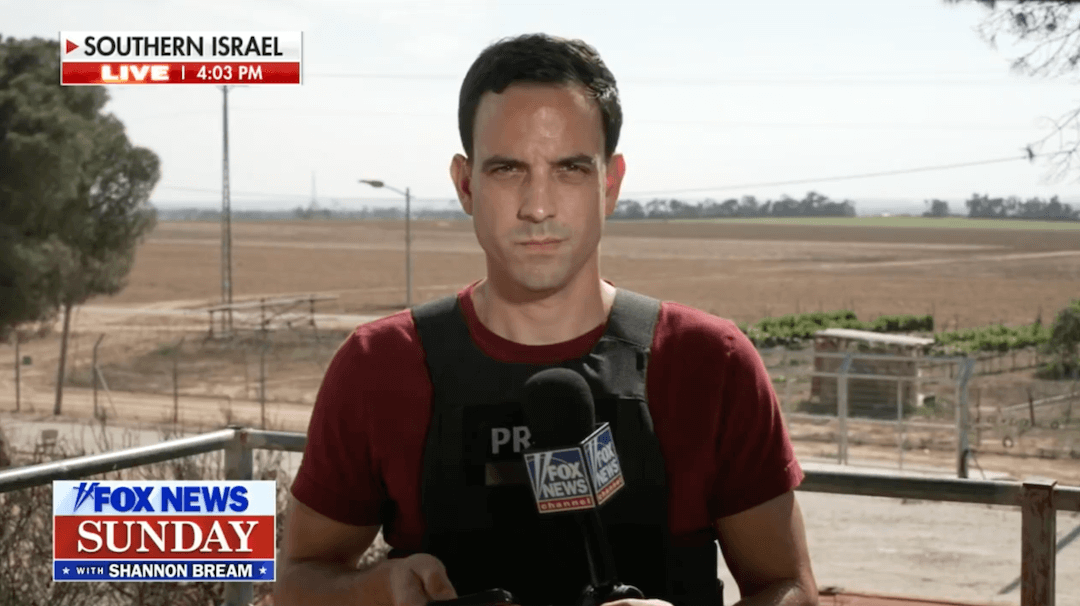In talking with college and university presidents and their leadership teams, it’s not uncommon — and, given larger societal trends, not surprising — to hear comments that reflect a deep distrust of the reporters who cover their institutions.
But when we dig a little deeper and ask about student media, we often hear even more disheartening sentiments. “They’re awful.” “It’s not journalism.” And the most upsetting: “We don’t even engage with them. It’s not worth it.”
This reaction to student journalists is deeply troubling to us. As communications professionals, we urge clients to build strong relationships with all media to ensure fair, accurate coverage of both the good and bad things happening on campuses. As communications professionals working in higher education, we firmly believe that the institutional promise to educate and develop students extends outside of the classroom, all the way to the student newspaper office. Unfortunately, many institutional leaders seem to forget that their responsibility to educate includes working student journalists who are engaged in the practical application of what they’re learning in the classroom.
What we have found ironic about this approach is the explicit, yet rarely recognized, overlap in the missions of journalism and higher education. Both seek similar ends and make similar promises — to provide information that helps people participate fully in democratic societies, to pursue truth, and in doing so, to make lives better. By obstructing or dismissing student journalists, universities are breaking their most fundamental pledge to facilitate opportunities that further this goal.
Colleges are acting against their own self-interests as well when they refuse to support and engage with student journalists — in multiple and significant ways. Student newspapers often offer the first accounts of campus news (good and bad) and have long been go-to sources for local and regional reporters. News that used to be fairly limited in reach due to geography can easily be seen now by national audiences, including journalists at national outlets, thanks to technological advances like social media and the internet. College administrators often wrongly assume that no one reads their student paper. That is not only short-sighted, but often leaves schools vulnerable to the kinds of negative attention they’re trying to prevent by not engaging with student reporters.
Attempting to avoid bad press by thwarting students’ efforts to get information or conduct interviews with campus officials can result in student articles that aren’t as thorough or well-reported as they could be — a common complaint by administrators. By choosing not to cooperate with a reporter, administrators are actively choosing not to give the institution’s side of the story. This leaves them at a disadvantage when larger outlets pick up news from student newspapers.
Colleges and their students would be better served by taking the time to work with students covering campus issues, particularly with sensitive or potentially controversial stories, to make sure the issues are understood and reflected.
But it’s not just about reputation management. Providing students with the training and resources necessary to do their jobs — in addition to granting them interviews, providing statements and information, and generally treating them like journalists — means living up to the mission colleges subscribe to. Just like experiences inside the classroom, learning to be a journalist requires being taught by someone with expertise in the field. It requires a sustainable budget that allows for investing in annual training, as well as qualified advisers or mentors who understand their role is to educate students on responsible journalism practices. It also requires the recognition that students are not perfect. Their work won’t be flawless, but it will get stronger over time with the right support. And that is important far beyond the gates of campus.
Consider the fact that as communities have lost their local newspapers, student papers are stepping in to fill the void, often serving as the de facto paper of record for some towns and cities. Covering not just institutional matters, these student journalists are also present at zoning board and city council meetings, reporting on topics relevant to both campus and community residents. Over the last two years, student journalists have often been the most credible and persistent sources of news about the COVID-19 pandemic and its impact on campuses and, by extension, larger communities.
By preparing student journalists to fulfill their responsibilities, universities have an opportunity to serve their hometowns in a different, vital way that is responsive to the very real need for well-sourced, accurate, reliable journalism in an ever-larger number of news deserts.
College and university leaders gain nothing from disparaging their own student media. This disingenuous approach runs counter to higher education’s core values and leads to immediate negative effects on campus and in local communities.
It also has implications for the future of our democracy, which relies on strong journalism and well-trained journalists. Institutions have a responsibility to truly deliver on their missions at all times, and especially in the times we’re in now — rife with misinformation, disinformation, partisan outlets and attacks on the media. It’s easy to dismiss young, inexperienced journalists, but doing so has consequences that extend far beyond the campus gates and long after students graduate or administrators move on to other jobs. This recognition is long overdue. Higher education needs to do better.








